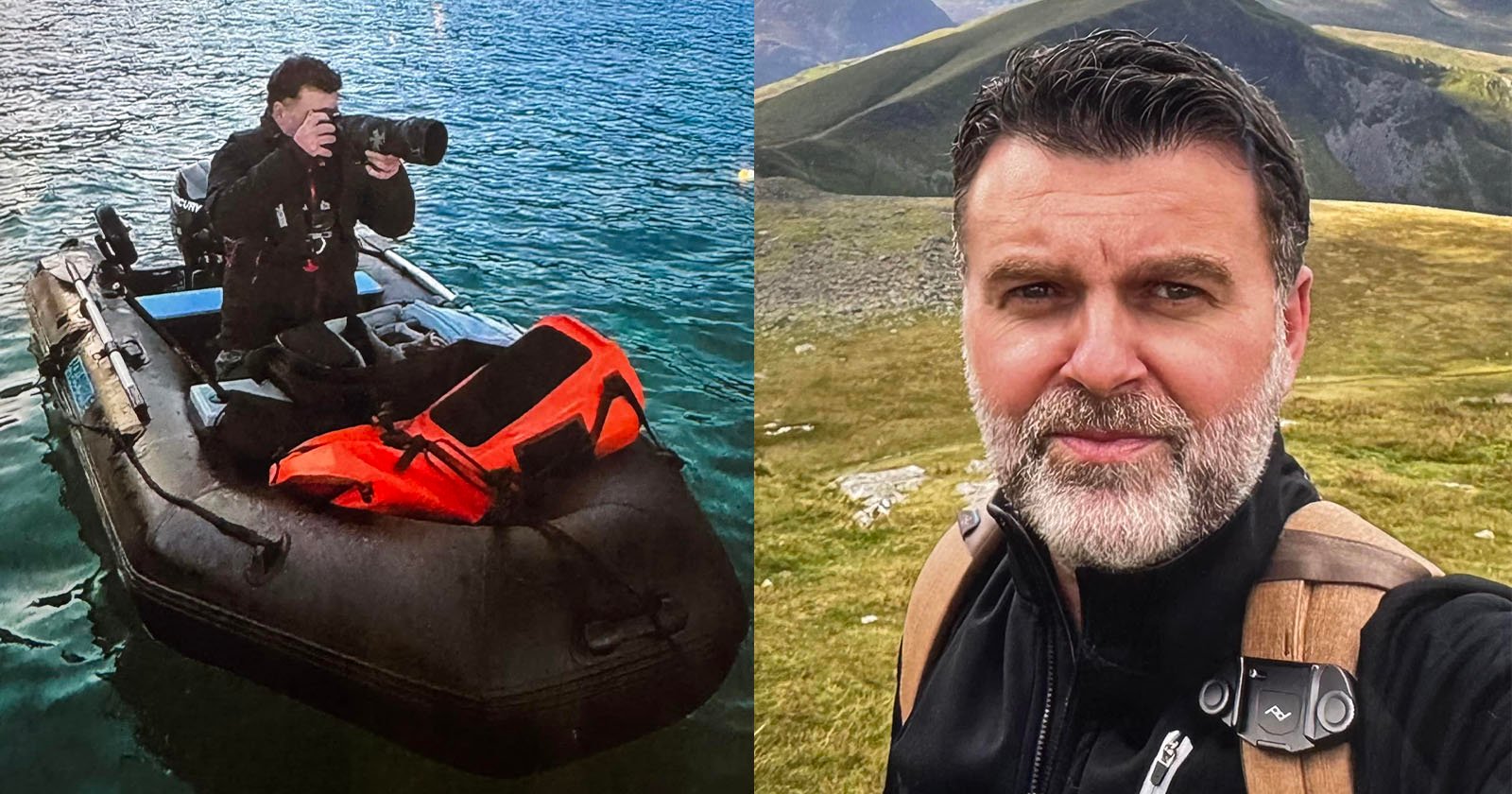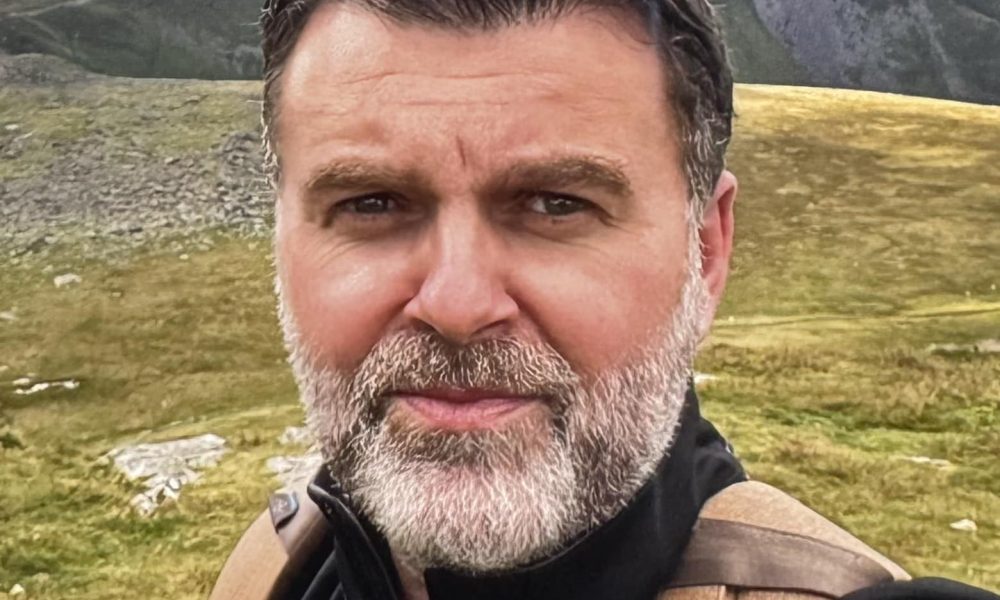SerenityScenes
New member
I also pay for Garmin rescue insurance. It is very inexpensive and back country rescues can get very expensive. Never had to use it but it is a nice to have.
If you would like to post, you'll need to register. Note that if you have a BCG store account, you'll need a new, separate account here (we keep the two sites separate for security purposes).
Most places I go here in Australia have no cell phone coverage.A Garmin InReach or similar device (with backup charger) would have avoided a potential disaster at sea. This photographer was fortunate to avoid seriously rough seas

Wildlife Photographer Missing at Sea Found in Different Country
He's lucky to be alive.petapixel.com

The 'remarkable story of survival' of a dad missing at sea in Wales found in Ireland
Solo sailor Chris Ellery sparked a massive land, sea and air search when he failed to return home after a trip to Pembrokeshire.www.southwalesargus.co.uk

Photographer’s drift to Ireland: The full story behind Chris Ellery’s ordeal
THE story of Chris Ellery’s unexpected journey across the Irish Sea has captivated many, especially after the photographer from Bristol was found safe in County Wicklow, Ireland, last Saturday. The 54-year-old set off from Pembrokeshire, Wales, with plans for a short solo trip but ended up...pembrokeshire-herald.com
Similar situation in Australia, which could have turned out fatal

Missing Photographer Found With Snake Bite After Six Days in Remote Mountains
She's 'fortunate to be alive'.petapixel.com

 forums.paddling.com
forums.paddling.com

yes, although mind your coverage area.doesn't the newer iphone have SOS via satellite?
Link pleaseyes, although mind your coverage area.
hiker guy on youtube has some videos why you might choose garmin or just the iphone
I frequently hike alone in the mountains.I agree with some of what you say. However, consider for example someone who goes for a hike in relatively unchallenging conditions, slips and breaks a leg. That renders you immobile immediately and there's no reasonable way of getting back home alone. I can go further and say every time one leaves your home and ventures outside there is a certain amount of risk involved because you are not in control of the environment anymore.
So I think it's a matter of assessing the potential risks involved in the venture, assessing one's own abilities, deciding how much risk one is willing to accept (hopefully being realistic and honest with yourself), and then including plan B and C such as the ability to reach rescue services as a last resort.
As for the rescue folks, at least they have training and are capable of determining whether a specific rescue is too risky for them to attempt or not. And they volunteer for the job with a good understanding of the potential risks to their own safety that comes with the job.
I assume at least some of the rescue services are taxpayer-funded. As for making someone pay for a rescue, yeah, it can be considered, but only for cases where the rescued clearly displayed poor judgment and took unreasonable risks.
i'm not sure it's possible. if the phone doesn't work well enough (and i agree, i don't think it was reliable for me), then i think you need one of the nikon gps dongles.A question: has anyone used their Garmin or similar device to add GPS to their photos via Bluetooth or wifi link with snapbridge? My phone just doesn't work well for that. I may get a solmeta unit or equivalent.
Thanks for the good discussion.
I spent a life time climbing in Peru and Nepal and never carried one.After breaking my neck on a bike I no longer climb. I do carry a Spot and my IPhone 14, since I spend a lot of time solo in the back country. Thankfully all I have ever used the Spot for is to text Owners of lost dogs I have found in the back countryI'm in the process of building an overlanding vehicle. My hope is to be off the grid shooting.
I'm looking at devices like the Garmin Inreach Mini for a way to call for help when the cell phone is out of range.
Curious if folks are using this technology and any kind of feedback you can provide.

Every other week, the international news reports a survival story, with the similar sequence of events. Hiker/camper/naturalist gets lost in a remote region of wilderness. Massive investment in expensive searching ensues.... Lost human turns up worse for wear, or it's worst case.
Carrying a Garmin or similar rescue device would avoid almost all these emergencies, including search and rescue workers risking their own lives, which usually demand often flying in dangerous terrain and weathers.

Missing hiker found alive after 50 days in northern B.C. wilderness
A missing hiker who spent 50 days alone in the frozen wilderness of northern British Columbia has been found alive.bc.ctvnews.ca
I agree… sometimes it’s because people are scared. Years ago ran into a friend who helped out YOSAR (Yosemite Search and Rescue ) pull a guy off of el cap because he was scared and not hurt… my friend was so pissed because it took an entire team an entire day to do the evac, and evacs are as safe as they can be but not safeI understand what you're saying. But as someone who has been involved in multiple searches and read the reports of many, many others, rescue beacons and cell phones enable people who are merely unprepared or confused or hungry or slightly "injured" to call for a "rescue" when it's totally unnecessary. I remember the guy who wound up needing to be rescued twice from basically the same spot under the same circumstances two years in a row due to his own stupidity. Another guy in the Adirondacks had to abandon his gear while he was being "rescued", he later went back for his stuff and needed a helicopter rescue after using his rescue beacon again when it snowed -- fortunately he was met by law enforcement the second time. All too often emergency personnel are put at risk when a "rescue" is totally unwarranted. Witness the costs and danger involved in retrieving the body of Guy Waterman (the story is far too involved to go into here). Before easy communications the unprepared tended to stay home, now they think that no matter how stupid they may be someone will be sent to "rescue" them. I'm too old to participate in rescues now, instead I may die out there some day and the ravens, vultures and bears will have a meal, even if the meat's a bit stringy.
